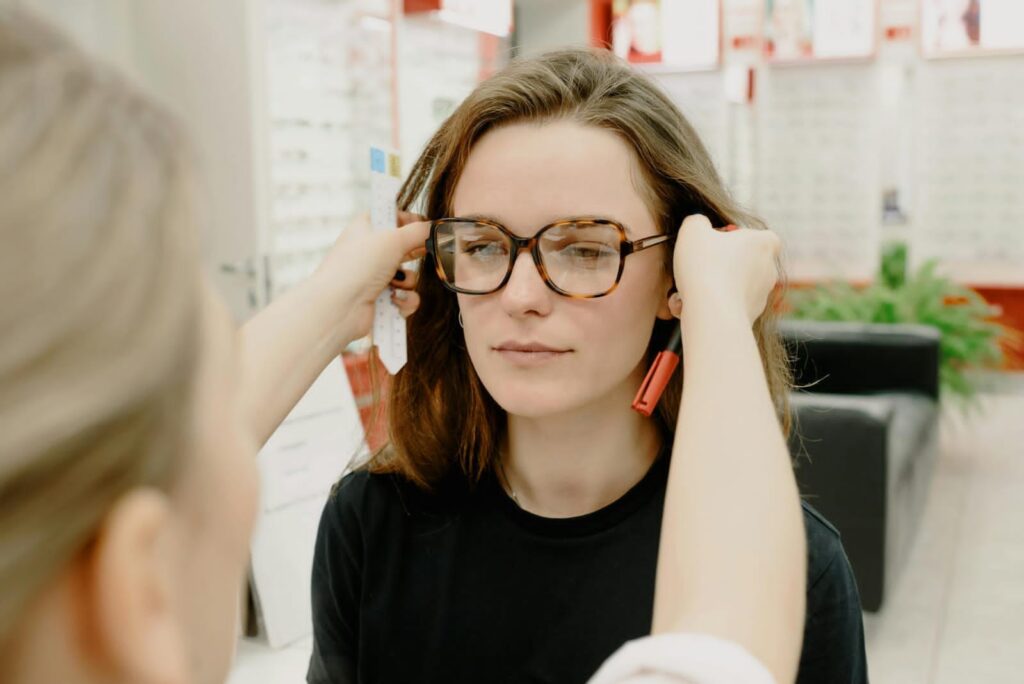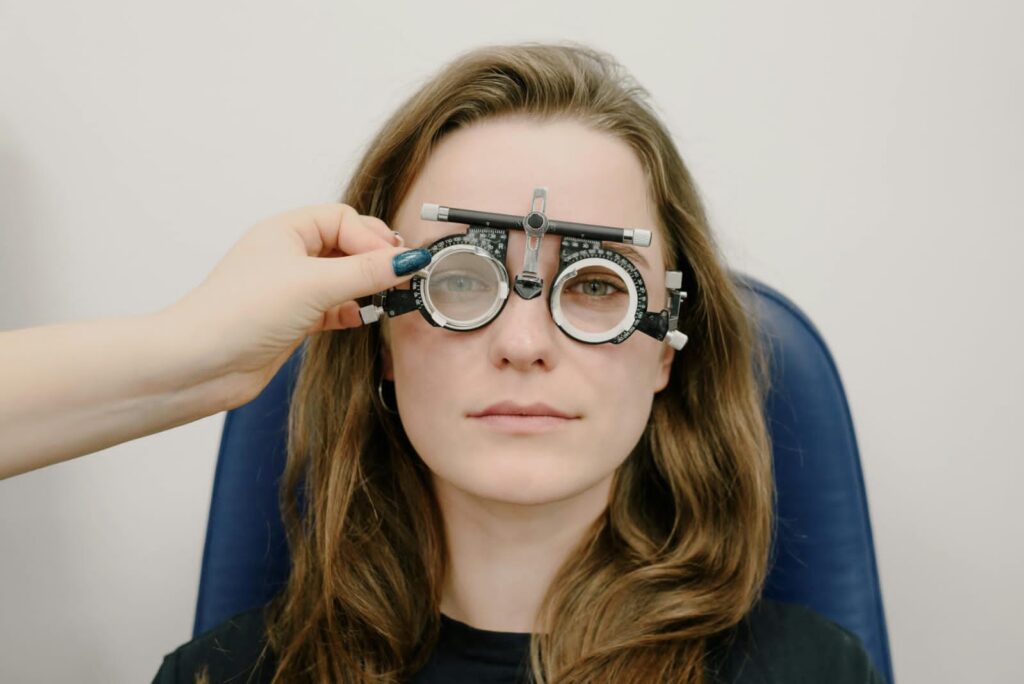
Eye health is an important aspect of overall health, but it is often overlooked until problems arise. It is essential to keep healthy eyes in order to maintain optimal eye health throughout the period of. In this comprehensive guide you will learn about the various strategies and techniques to keep your eyes in good health.
Understanding the Importance of Eye Health
Eyes aren’t just the eyes which connect us with our souls, they are vital organs that allow our eyes to perceive and communicate with the world around us. Good vision can enhance overall health as well as independence and effectiveness especially as we age.
Regular Eye Examinations
- Routine Eye Exams and Check-ups Optometrists can detect early signs of disease such as glaucoma, cataracts and macular degeneration before the time they become serious. Children, adults and even older individuals should undergo regular eye exams according to the frequency recommended by their eye health specialist.
- Watch for Changes to Vision: If there are any changes in your vision such as blurriness, difficulties getting sleep as well as frequent double vision headaches, it is recommended to schedule appointments with an eye specialist right now.
Balanced Diet and Nutrition
- Nutrient-Rich Foods: A diet rich in antioxidants can help prevent retinal damage. Include oily fish, leafy greens and leafy vegetables which are high in omega-3 essential fats that are not meat protein sources like nuts and beans, as well as fruits, specifically citrus fruits and fruit.
- Hydration: Proper intake of fluids is essential in maintaining the health of the cornea and the lens.
- Avoiding: Smoking increases the likelihood of macular degeneration as a result of age-related cataracts and also injury to the optic nerve. Drinking alcohol in excess can damage the eyes.
Protective Measures
- Sunglasses: Wear shades that block 99percent-100 percent of UVA and UVB radiation to protect your eyes from sun’s damaging effects that could cause cataracts and other eye conditions.
- Safety eyewear: wear safety eyewear when participating in sporting activities or using harmful or airborne substances at home or at work.

Managing Screen Time
- Breaks from screens The 20-20-20 rule could be effective every 20 minutes you need to focus on something that is that is at least 20 feet away, for at most 20 seconds to decrease eye strain.
- Ergonomic setup: Make sure your screen of your computer is at least an arm’s length, and it is placed below eye level.
- Reduced Glare: Choose screens that block glare for your devices. Place your screen in a way that does not reflect the glare of lighting and windows.
Healthy Lifestyle Practices
- Regular exercise may reduce the likelihood of developing diseases like diabetes and high blood pressure that could lead to eye problems.
- A good night’s sleep is essential to maintain healthy eyes. It can aid in rejuvenating your eyes and reduce the strain on your eyes.
- Hygiene: Don’t contact or scratch your eyes with your hands that are dirty to prevent eye infections. Make sure your eyes are fresh, especially when wearing contact lenses.
Controlling Chronic Conditions
- Management of Diabetes Management Diabetes Management” could lead to diabetic retinopathy and other eye issues. Monitoring and controlling regularly the levels of blood sugar is vital.
- Cholesterol and Blood Pressure Blood Pressure and Cholesterol: High blood pressure and cholesterol levels can increase the likelihood of developing eye diseases. It is vital to maintain these levels for your health and the well-being of your eyes.
The Role of Supplements
While a balanced diet is the most efficient way to get the nutrients you require, there are times when supplements could be beneficial. Talk to a physician before taking any supplements, especially if you there is a family eye condition.
Conclusion
To maintain your eye health, you need regular medical care as well as preventative measures, healthy lifestyle choices, as well as keeping track of any changes to your vision. If you are proactive in taking steps to protect your eyes and health, you’ll ensure long-term vision, and lower the risk of developing eye-related illnesses and losing. Keep in mind how important eye health can be a vital element of overall health and well-being, and requires your attention and care.
I am an accomplished tech writer with a passion for simplifying complex technology concepts. With a background in Tech, James has dedicated their career to making the intricacies of the digital world accessible to a broad audience.







